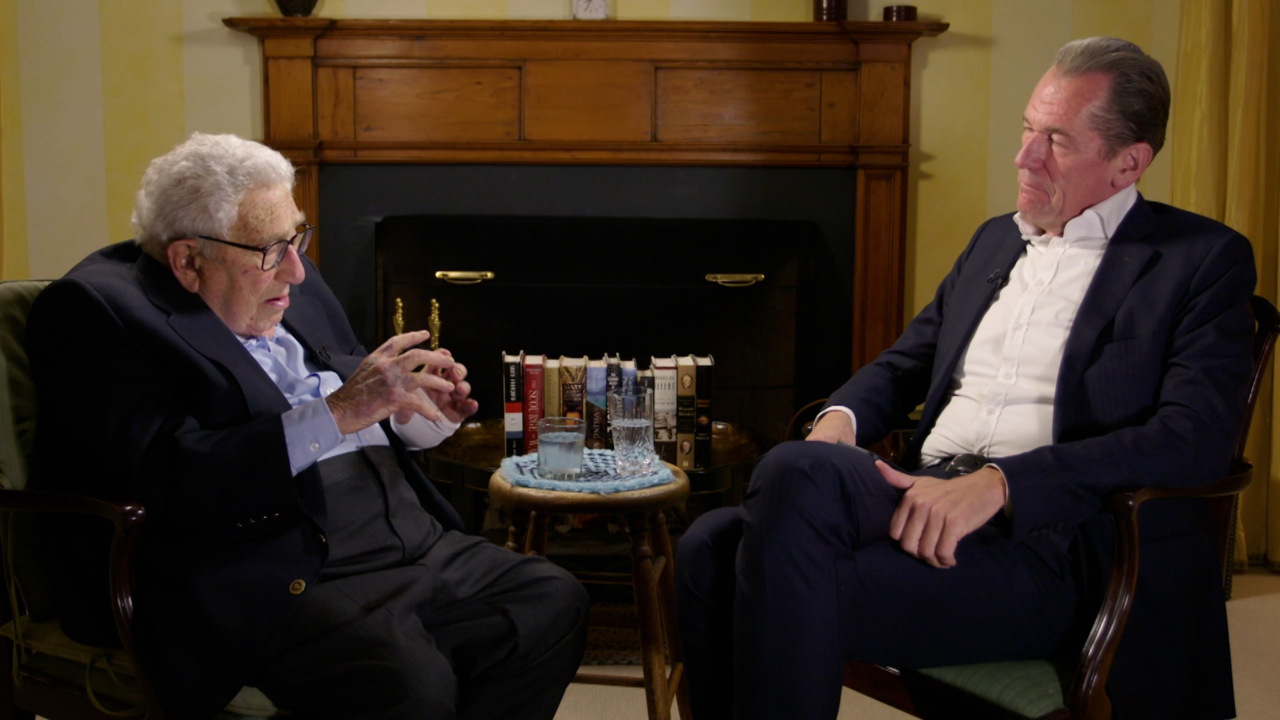[ad_1]
Advertisement
OPINION: This article may contain commentary which reflects the author’s opinion.
The U.S. Supreme Court began its latest session with a major decision involving the former CEO of a coal company.
The court rejected an appeal by Don Blankenship after an appeals court similarly tossed out a case in which he argued that major media outlets defamed him by labeling him a “felon.”
“The justices left in place an appellate ruling against Blankenship, the former CEO of Massey Energy. He served a year in prison on a misdemeanor charge after he was found guilty of conspiring to violate safety standards at a West Virginia mine before an explosion in 2010 that killed 29 men,” The Associated Press reported.
“Justice Clarence Thomas, while agreeing with the court’s action Tuesday, repeated his call for the court to overturn its landmark 1964 libel ruling in New York Times v. Sullivan,” the AP noted further, adding:
The 4th U.S. Circuit Court of Appeals affirmed a district court’s determination that CNN, Fox News and 14 other outlets sued by Blankenship did not act with “actual malice” amid coverage of his unsuccessful 2018 U.S. Senate campaign, even if they failed to meet journalistic standards.
Advertisement
The high court had previously turned away Blankenship’s appeal of his conviction.
The case that Thomas mentioned stems from the Civil Rights era.
“During the Civil Rights movement of the 1960s, the New York Times published an ad for contributing donations to defend Martin Luther King, Jr., on perjury charges. The ad contained several minor factual inaccuracies,” notes Oyez. “The city Public Safety Commissioner, L.B. Sullivan, felt that the criticism of his subordinates reflected on him, even though he was not mentioned in the ad. Sullivan sent a written request to the Times to publicly retract the information, as required for a public figure to seek punitive damages in a libel action under Alabama law.
“When the Times refused and claimed that they were puzzled by the request, Sullivan filed a libel action against the Times and a group of African-American ministers mentioned in the ad. A jury in state court awarded him $500,000 in damages. The state supreme court affirmed and the Times appealed,” Oyez noted.
The case eventually made it before the Supreme Court, which responded to the central question of the case: “Did Alabama’s libel law unconstitutionally infringe on the First Amendment’s freedom of speech and freedom of press protections?”
“To sustain a claim of defamation or libel, the First Amendment requires that the plaintiff show that the defendant knew that a statement was false or was reckless in deciding to publish the information without investigating whether it was accurate,” Oyez noted further.
The court explainer site noted further:
In a unanimous opinion authored by Justice Brennan, the Court ruled for the Times. When a statement concerns a public figure, the Court held, it is not enough to show that it is false for the press to be liable for libel. Instead, the target of the statement must show that it was made with knowledge of or reckless disregard for its falsity.
Brennan used the term “actual malice” to summarize this standard, although he did not intend the usual meaning of a malicious purpose. In libel law, “malice” had meant knowledge or gross recklessness rather than intent, since courts found it difficult to imagine that someone would knowingly disseminate false information without a bad intent.
Advertisement
Thomas has argued that the standard for deciding such cases is flawed.
The Sullivan ruling and ones elaborating on it, he has written, “were policy-driven decisions masquerading as constitutional law” with “no relation to the text, history or structure of the Constitution.”
The Times noted further: “In 2021, Justice Neil M. Gorsuch added his voice to the criticism of the decision. He wrote that much had changed since 1964, suggesting that the actual malice doctrine might have made more sense when there were fewer and more reliable sources of news, dominated by outlets ’employing legions of investigative reporters, editors and fact-checkers.’”



